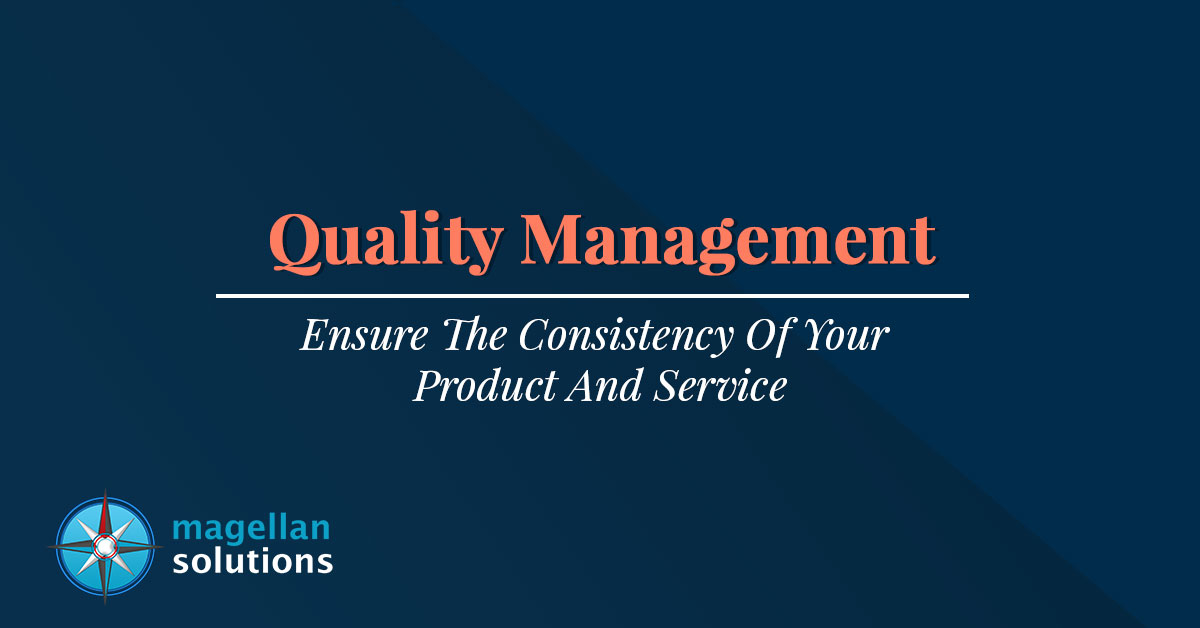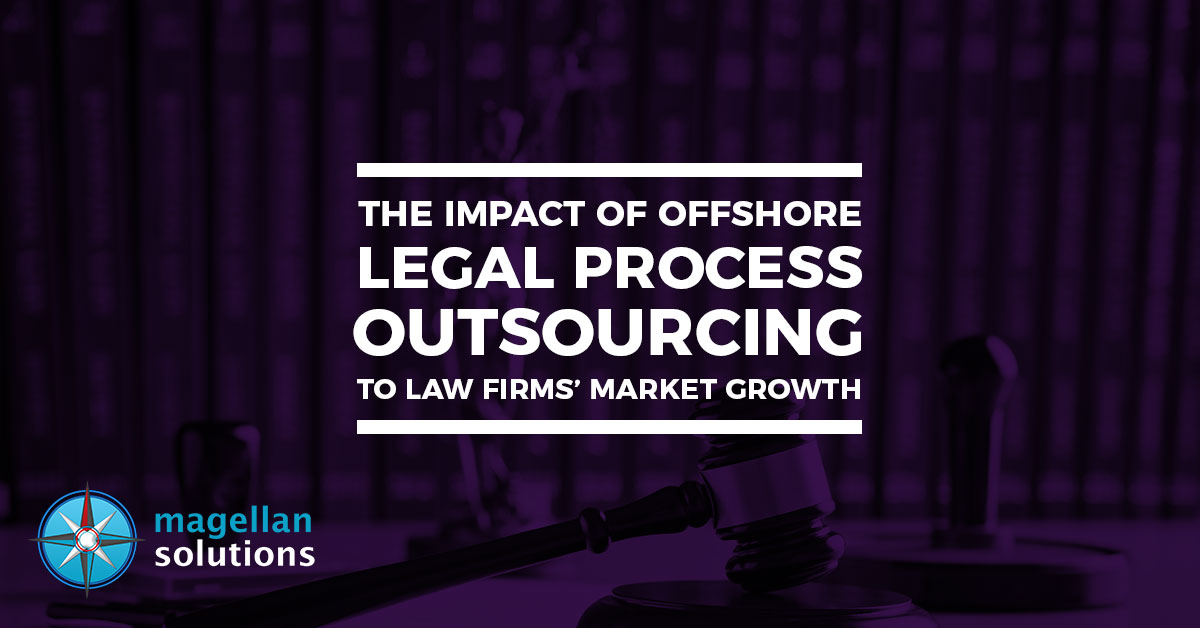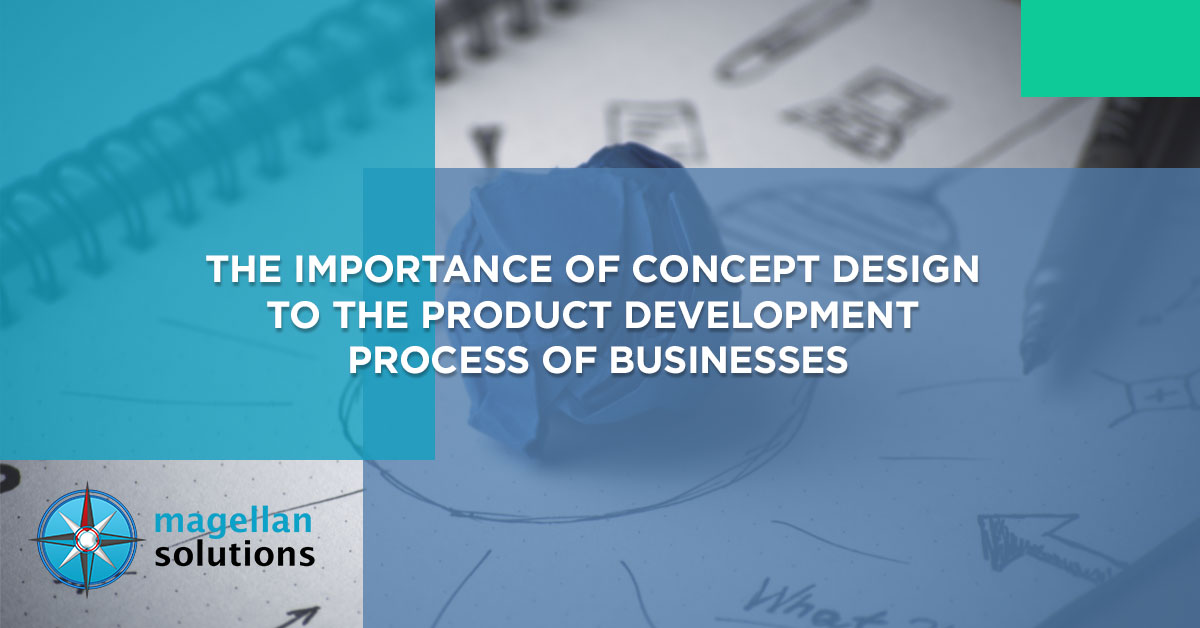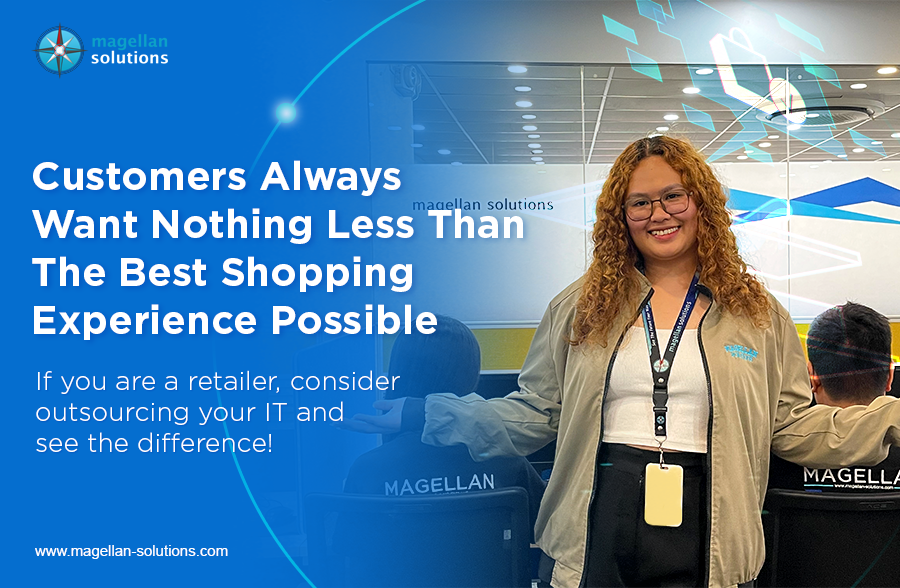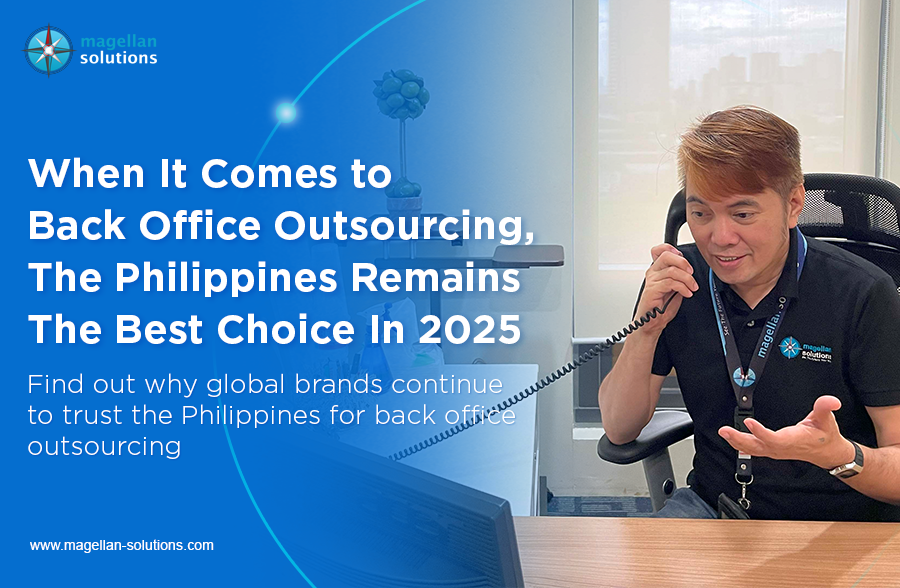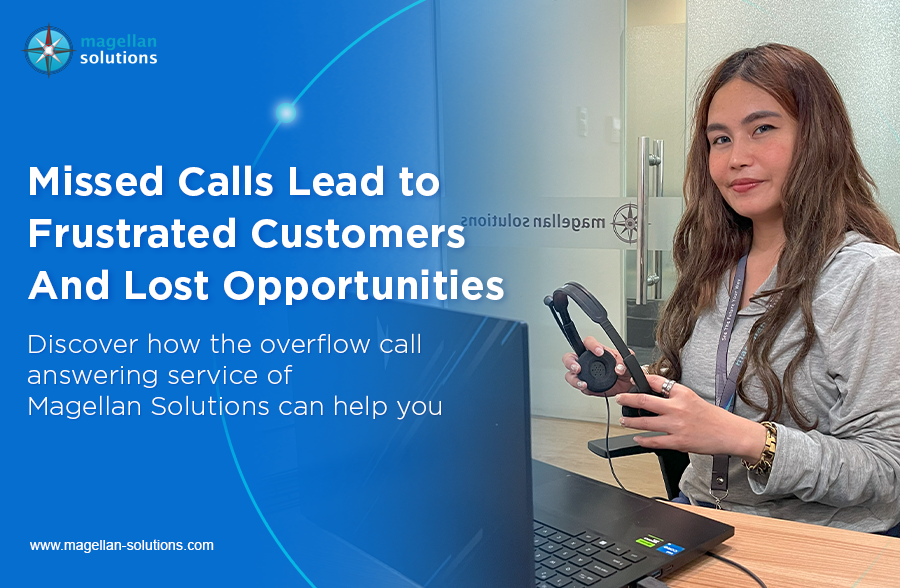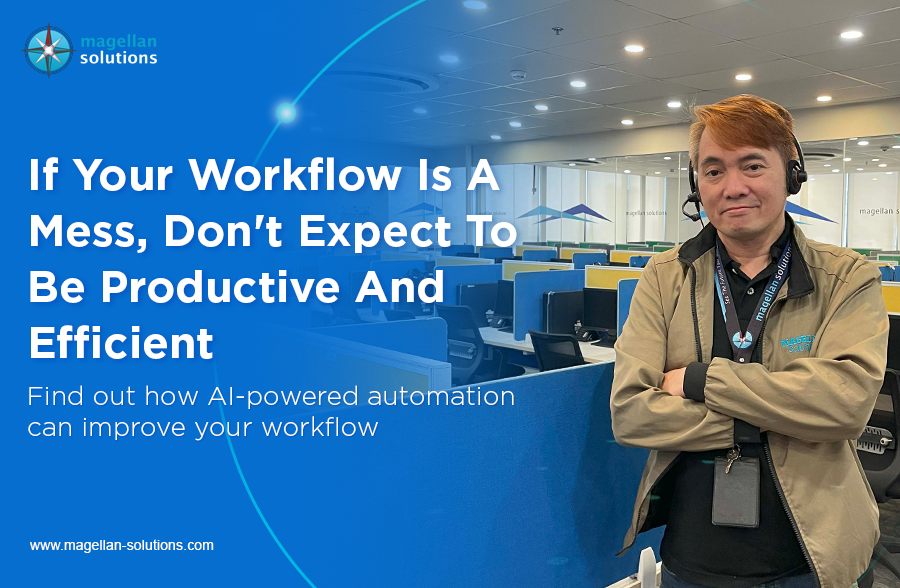Schedule a FREE call with our outsourcing expert now and get a precise quotation that meets your requirements. Don't wait - get started today!
Before we delve into the importance of concept design to the product design and development process of businesses, we must define it first.
The Danish agency FORA defined concept design as “the solution to a problem that has not yet been solved or which so far has been solved unsatisfactorily.”
According to Geoff Hedges, the founder of the CAD-focused blog creo.ptc.com, concept design is “a specific phase of the design process, within the product development process.” He said that this concept design phase occurs right after you have established your specific product’s requirements and right before you go into your detailed design process, which usually involves the use of computer-aided design (CAD) tools.
You may think of it like this: if your product idea is your Eureka or light bulb moment, your concept design is the process of exploring that light bulb further. Hedges calls concept design as the initial big picture of your product.
Once we understand this, we can easily see how important concept design is to the product development process.
Failing to go through this phase of further exploration of your idea will affect the quality of all the succeeding phases of your product design and development process negatively. If you don’t take the time and make the effort of brainstorming about your product’s problem-solving functions and user experience attributes, however general or unspecific they may be at this point, you are setting yourself up for an unnecessarily confusing and lengthy product design and development process. You can expect that if not for concept design, the next phases of your product design and development process — namely, your detailed design, prototyping, and manufacturing phases — will suffer.
Hedges believes concept design is the most creative part of the product development and design process, where “the very soul of innovation lies.” As opposed to the detailed design phase where designers depend on digital design software, computer equipment, and mathematical formulas to build precise representations of their product ideas, concept design forces us to rely on one thing alone: our brains.
Any product design and development process are incomplete without the concept design phase, which makes it all the more surprising to see products out in the market that seem to not have been well thought out as the others. This may also explain why consumers’ demand for them is short-lived, if any.
If you truly want your product to sell like hot cakes, then, by all means, invest your resources in your concept design process. This is one of the most effective ways to increase the quality and potential success of your product before you go full blast on your manufacturing phase. Devoting your time and knowledge to proper brainstorming, creative thinking, and critical thinking sessions for your idea will reduce possibilities of costly errors and product failure. It may take you weeks or months to complete your concept design process, but you’ll be glad and relieved when you do.
After all, who doesn’t want his product, and business, to succeed?
Need the help of experts in concept design or any part of your product design and development process? Contact us now!


